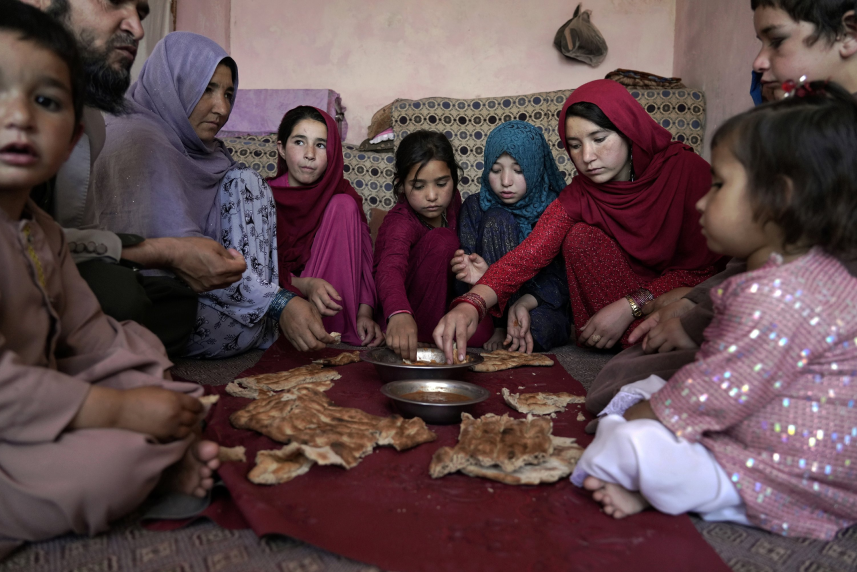Fidya: Fulfilling Obligations with Compassion
Donate Fidya for the missed fasts during or after Ramadan with United Muslims, and maintain the spirit of the season through Charitable acts.
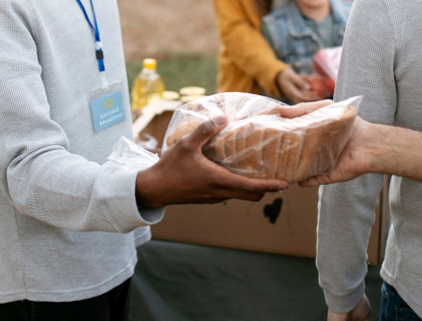
The Essentials of Fidya
Fidya is a sign of mercy from Allah upon Muslims who cannot fast during the month of Ramadan due to illness or old age. Fidya donations not only compensate for the missed fasts but also keep the donors connected to the community’s observance of Ramadan.
Contributing to Community Through Fidya
By paying Fidya for your missed fasts, you extend a helping hand to the less fortunate and help them partake in the celebrations of Ramadan. All Fidya donations are used to help needy families break their fasts with nutritious food and enjoy the festivities of Eid with joy and dignity.
The Spirit and Practice of Fidya
Islam emphasizes compassion in all areas of life. Fidya is just another compassionate and charitable act in Islam that allows Muslims who are unable to fast during Ramadan contribute to the community differently. Fidya is mandated for those who cannot fast during Ramadan due to valid reasons such as illness or old age.
Fidya donation amount is calculated for each day of missed fasting; it can be paid by feeding a needy individual with two full meals or donating the equivalent amount in staple food. The accepted quantity for each day of missed fast is generally set at 3 kgs and ensures compliance across different Islamic perspectives. For Muslims who are permanently unable to fast due to health reasons, Fidya becomes necessary. To donate fidya online, you can use our calculator to calculate the amount of Fidya owed or consult a scholar for personalized advice on the matter.
United Muslims and Utilisation of Fidya
At United Muslims, we take utmost care of all donations including Fidya. Since it is a religious obligation, we make sure that Fidya donations are used to feed the needy during Ramadan to uplift their spirits and help them partake in the celebration of this holy month. We have made it easy for you to calculate and donate Fidya online so you can rest assured that your missed fasts are allowing other Muslim brothers and sisters to keep their fasts with good food. Our dedication and transparency ensure that your contribution not only fulfils a religious obligation but also strengthens the ties of Muslim community.
Differences Between Kaffarah and Fidya
Kaffarah and Fidya serve different purposes in Islam. While Fidya allows Muslims to compensate for the missed fasts due to valid reasons, Kaffarah involves more stringent compensations for intentionally missed or broken fasts. The calculation of Kaffarah and Fidya donation is also very different; therefore, we have a dedicated donation form for the calculation and donation of Kaffarah on our website.
If you have missed one or more fasts during Ramadan due to an illness, old age or reasons beyond your control, you can use our Fidya donation form to quickly calculate the amount owed and donate Fidya online. You can also pay Fidya for the missed fasts in the past Ramadans and fulfil this religious obligation as Allah has mandated for all Muslims.
Those who believe in Allah and the Last Day, establish regular prayers, pay their zakat, and fear none (but for Allah) will visit and preserve Allah’s mosques.
Fidya is a reflection of Islamic principles of compassion, inclusivity and community support. It allows all those who are unable to fast, contribute to the Muslim community and uplift the spirits of the less fortunate as they celebrate the festivities of Ramadan and Eid. It is a beautiful way of balancing between the individual capacity and communal responsibility, so no one is left behind in one Muslim Ummah. Pay your Fidya today and donate generously for all Muslim brothers and sisters in need.
Support United Muslims: Give your Fidya to us with 100% of your donations directly funding our initiatives.
Since its founding, United Muslims has ensured every donation goes to its projects, covering any credit card fees. For example, if a £100 donation drops to £97 due to fees, the organisation adds £3. This strict separation of project and operational funds ensures full public donation utilisation.
Every Donation Ignites Hope
June 1, 2025
May 31, 2025
May 31, 2025
May 30, 2025
Managing Your Fidya Contributions
At United Muslims, your Fidya donations are utilised to provide essential food items such as oil, flour and dates to the neediest families worldwide. Your contributions help other Muslims in need observe Ramadan with less hardships.
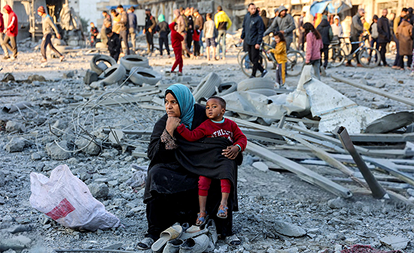
Palestine Emergency
More than 33,000 lives lost and 1.7 million crammed into a space equivalent to one-quarter the size of London, lacking food, water, and basic healthcare. Donate for Palestine and support our team in delivering food, water, medical assistance and other essential winter kits to families who have been displaced.

Afghanistan Emergency
Severe drought, economic downturn, and escalating global food costs have driven millions in Afghanistan to the edge of starvation. Lives are in jeopardy, particularly as children suffer and perish from malnutrition. Your support is crucial to aid civilians, who have endured more than five decades of strife.
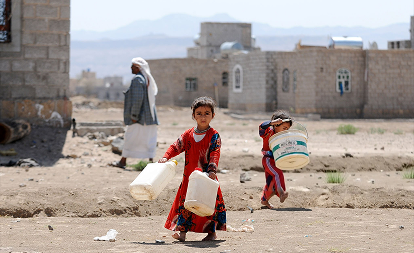
Clean Water
Providing wells, pumps, and pipes to communities in need. The lack of clean water is one of the most critical health emergencies affecting Muslim communities globally. Become a monthly donor and embark on a transformative journey to make a significant difference.

Sponsor a Child
Every child should have an ideal beginning: a nurturing environment, a secure space to play, and opportunities for education and healthcare. With immense rewards promised to Muslims who sponsor children/orphans in need. Be the change with United Muslims children response appeal.
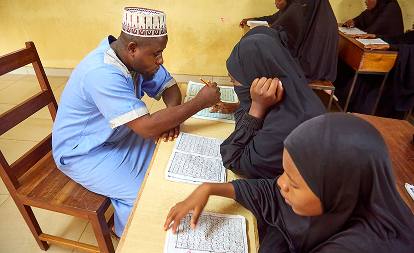
Education
Literacy, Numeracy & Health Classes. Millions of children trapped in poverty miss out on education, perpetuating a cycle of limited income opportunities. Breaking this cycle through basic education unlocks numerous life opportunities. At United Muslims, we are the charity for education.
Questions? Ask!
We at United Muslims are expert in helping you understand your Fidya obligations and ensuring that your charitable giving is both Sharia-compliant and tailored to your unique situation. Fill in the form below if you have questions about your Fidya donation and we will be in touch!

Make a Difference
100% Donation Policy
You contributions directly support those in need, not overhead costs, maximising your donations.
Gift Aid
Boost your donations by 25%! For every £1 you donate, the Government gives us an extra 25p.
Empowering
Spreading compassion in over 24 nations, we aim to end peoples’ dependency on aid.
Transparency & Trust
We maintain a clear policy regarding how donations are used, building trust and accountability.
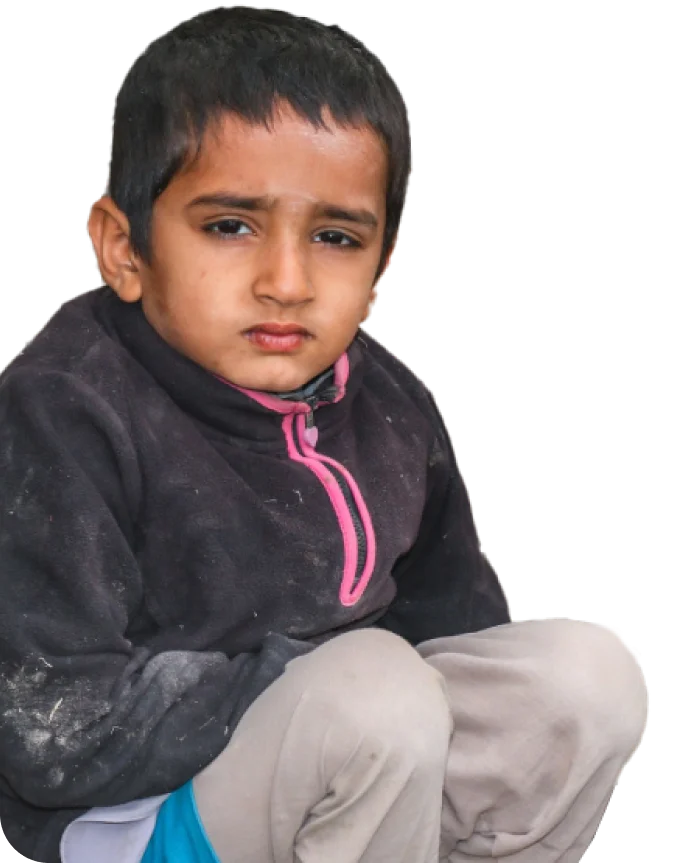
Fidya FAQs
Fidya is a mandated charitable donation from those Muslims who cannot fast due to illness, old age or reasons beyond their control. It is calculated for each day of missed fast and used to feed the poor.
Every adult Muslim who is unable to fast due to illness or old age is required to pay Fidya.
For each missed fast, Fidya amount is equivalent to feeding one person with two meals. In terms of money, it is calculated to be £5 per missed fast
Yes, you can distribute your Fidya throughout the month or as financial circumstances allow.
Fidya is for those unable to fast due to health, while Kaffarah applies to intentionally broken fasts.
Fidya is based on the local cost of feeding one person with two meals a day. At the current rate in the UK, it is calculated to be £5 per missed fast or £150 for the whole month of Ramadan.
Ideally, it should be paid during Ramadan before Eid-ul-Fitr.
It should specifically go towards feeding the poor and needy.
It’s recommended to distribute Fidya during Ramadan to provide timely aid for Muslim brothers and sisters who are fasting.
Yes, early Fidya payments can be made to provide timely aid to those fasting and in need during Ramadan.

